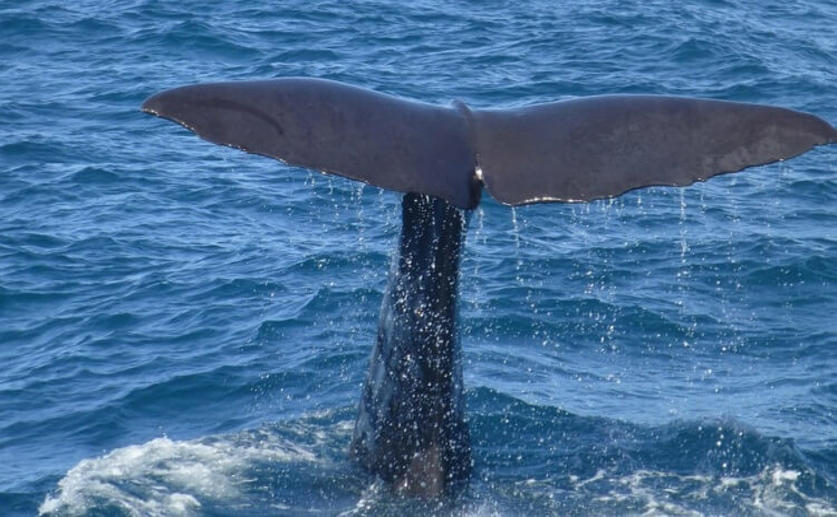
This archived news article is over 5 years old.
New Tagging Technology Will Allow Scientists to Better Understand Whale Ecology
Stephanie Wolek
23rd December, 2016


Stephanie Wolek
23rd December, 2016
